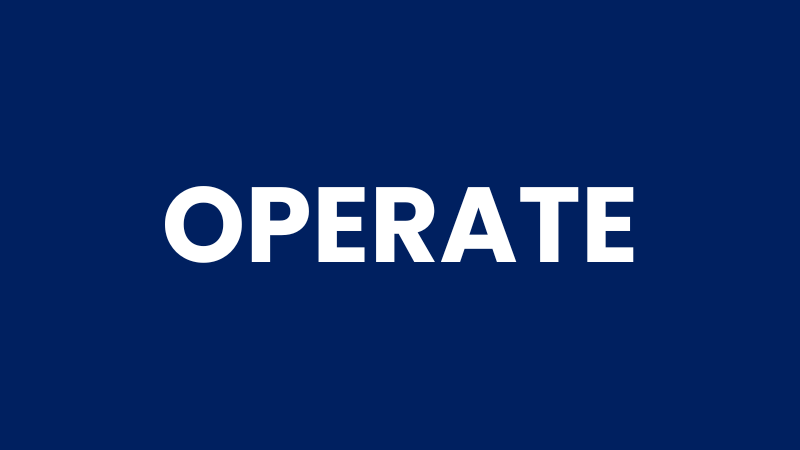Getting things done faster with fewer mistakes is something just about every business wants. But finding that extra time can be tough, especially when daily tasks start to pile up and repeat themselves. Robotic Process Automation, or RPA, is made to help with exactly that. With RPA, software bots can step in to manage the time-consuming chores, giving people more space to take on work that really needs a personal touch.
Take a closer look at how this plays out in real businesses. The five examples here show how RPA gives teams a way to move quickly, keep things tidy, and get more done without feeling stretched. Every section covers a different area where RPA steps up, tackles boring jobs, and lets people focus on bigger priorities.
How RPA Keeps Customer Service Running Fast
When a customer calls, emails, or messages a business, they want answers without delay. For staff, that means juggling programs, finding background info, and updating records while staying friendly and helpful on the call. It’s a lot to keep up with. RPA makes this much easier.
Suppose a customer wants to update their billing address. A support agent might have to open several tools to process this change. With RPA in place, that step is handled automatically in the background. The customer’s details are updated across all needed records, so the agent can focus on helping, not screen-hopping. Even chatbots can make life easier by gathering account numbers first, then passing the details to a live agent for the next step.
RPA doesn’t just speed things up for the customer. It also helps teams avoid burnout and confusion. Instead of managing the nitty-gritty, agents keep their attention where it counts, making every interaction simpler.
MCI has experience building omnichannel contact center solutions, including AI-powered virtual assistants that work side-by-side with live agents. This teamwork between bots and people helps keep customer service moving efficiently from the first point of contact to resolution.
Using RPA to Clean Up Data and Keep It Organized
Nothing slows down a business like messy data. Duplicate records, outdated info, and the challenge of moving details from one spot to another can waste hours every week. RPA can fix that by doing the moving, checking, and syncing for you.
Think about all the super-important databases a company has—sales, billing, support. RPA keeps them linked up by:
– Moving data from one system to another automatically
– Checking for duplicates and getting rid of them
– Updating records everywhere with a single change
For example, if a customer asks to change their email, the RPA bot pushes that update to every company platform at once. No more back-and-forth, no more missed updates, no more copy-and-paste mistakes. Businesses get cleaner data, and teams spend less time hunting for missing details.
MCI also offers API integration and data management support as part of its broader BPO services. This ensures connected, reliable data flow between platforms, making automation and accuracy much more effective for busy teams.
How RPA Helps with Billing and Payments
Finance work is all about being consistent. But getting invoices out on time, tracking payments, and keeping everything up-to-date is a big job when it’s all done by hand. This is where RPA can make a major difference.
Picture a company that sends out hundreds of invoices every month. RPA bots can:
– Pull invoice details from accounting software
– Generate and send invoices automatically
– Track payment status without any gaps
– Send reminders for late payments to the right inbox
Every step is taken care of in the same way every time, so there are fewer mistakes or missed deadlines. Payment updates drop into the system as soon as they come in, so no one loses track. Finance teams can worry less about manual steps and spend more time checking real business issues.
Automation doesn’t take the people out of finance. It just means no one’s left sorting through piles of overdue tasks. Payments are tracked, replies go out quickly, and collections don’t get lost at the end of a busy quarter.
Speeding Up Workflows in Hiring and HR
Bringing new people into a business is exciting, but for HR, it’s a lot of paperwork and processes. RPA makes onboarding and HR support feel a little lighter, speeding up the steps and limiting the chance of a delay.
Here’s how it often looks in action:
– New hire signs joining paperwork
– RPA bot sets up employee accounts and profiles across systems
– A welcome email goes out with login info and next steps
– IT is told what equipment to prepare
– Training sessions pop onto the calendar
Each piece connects smoothly, so that instead of chasing down approvals or setup tasks, HR can spend more time welcoming new faces to the team. Even outside of onboarding, RPA helps by routing leave requests, updating payroll info, or nudging employees when deadlines approach.
The end effect is less manual typing, no lost forms, and a better first week for every new hire. Automating repeated steps means HR gets time back for helping employees grow, not just checking boxes.
Helping Healthcare Teams with Accuracy and Time
Healthcare is fast-paced, with no room for error. Getting medical records to the right place, scheduling follow-up visits, and updating insurance details all need to happen fast. RPA is proving helpful in making those behind-the-scenes jobs less of a hassle.
A clinic might use RPA to:
– Update patient contact info across all systems after each visit
– Move lab results from one software to another instantly
– Track insurance claims and send out updates automatically
Staff can respond more quickly to what matters. For example, when an insurance claim is updated, the right staff are notified and patient info is current. RPA also reduces paperwork by putting the right files in the right place, cutting back wait times, and lowering the risk of mistakes.
Fast, accurate handling of patient information means healthcare staff get to focus on speaking with patients rather than finding the right record. That’s better for everyone.
More Time for What Matters Most
These five areas highlight where automation isn’t just helpful, but needed. Customer service runs smoother, data stays cleaner, payments flow on time, onboarding feels personal, and healthcare stays on track. With RPA, the small, repeating jobs don’t pile up, so every person in the business can focus on the tasks that truly require attention and problem-solving.
Making RPA a normal part of business life is about working smarter, not just faster. It helps teams avoid daily slowdowns and keeps mistakes to a minimum. By choosing the right partner with both technical and service expertise, companies get support that meets their real needs and helps them grow the right way.
Automation with RPA is a step toward better work balance. When routines run themselves in the background, staff get more time for real conversations, smart decisions, and new ideas—while the business moves forward without the usual bumps.
Time-saving automation doesn’t have to be overwhelming. At MCI, we’ve seen firsthand how even small changes to repetitive tasks can make a noticeable difference across customer service, HR, finance, and more. The right systems help your team focus on what matters most, and the right partner brings clarity to the process. If your business could benefit from a call center outsourcing provider that sees the full picture, we’re here to help. Let’s connect.








